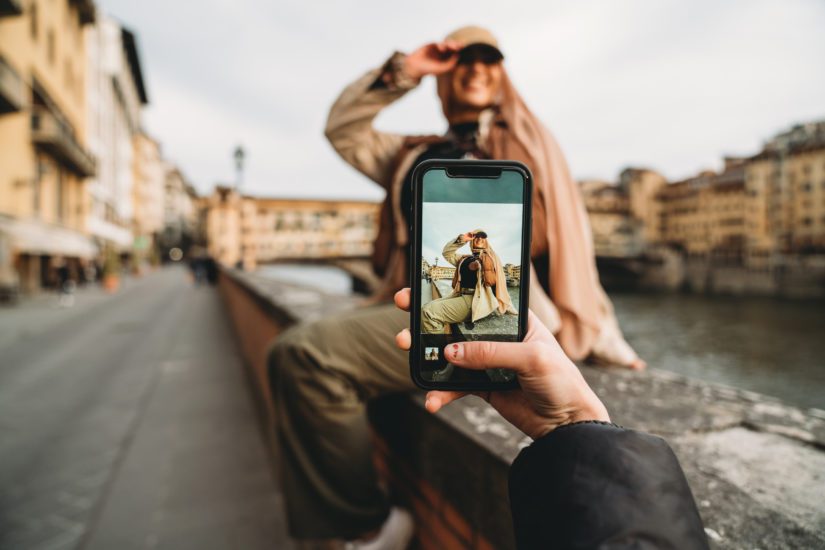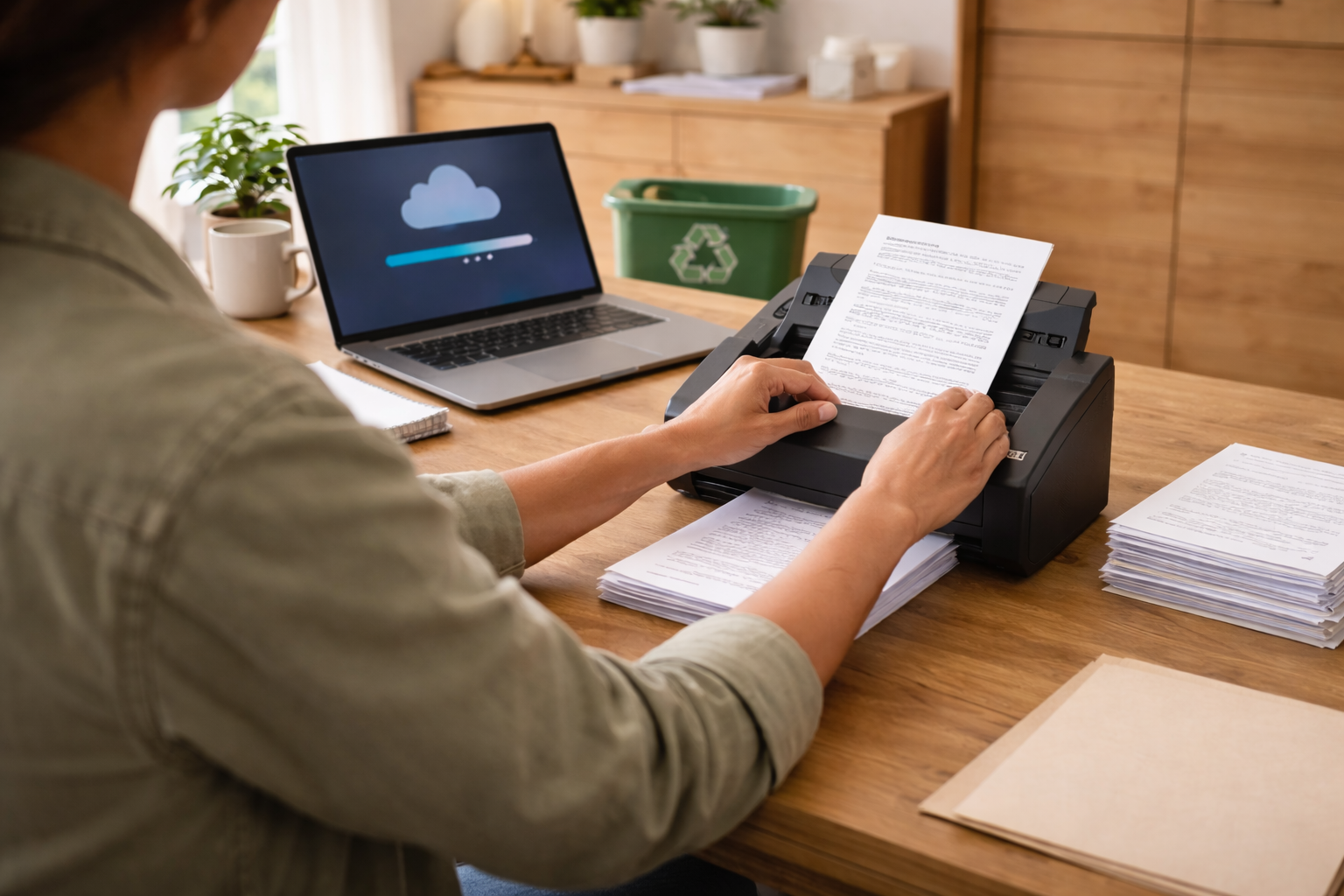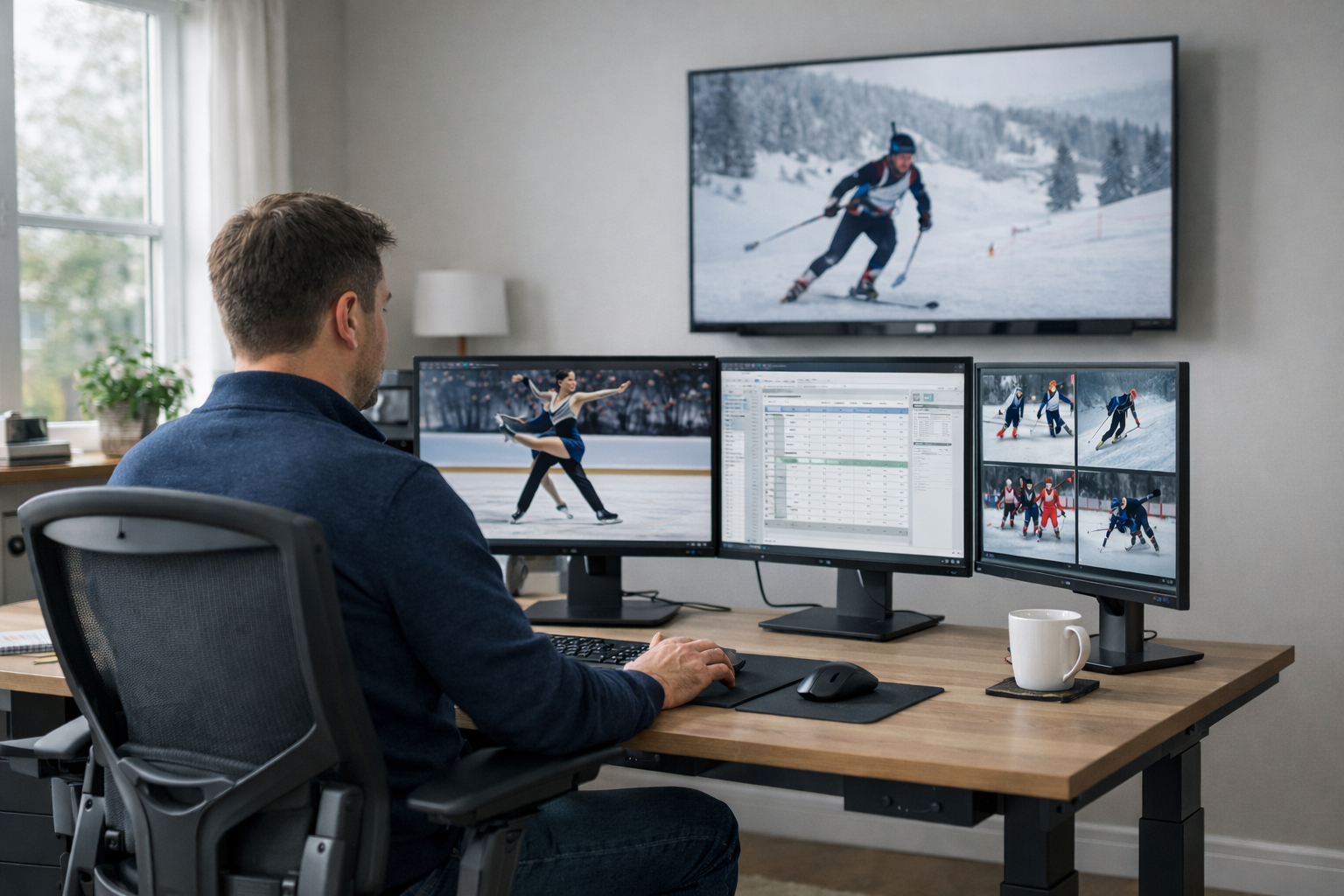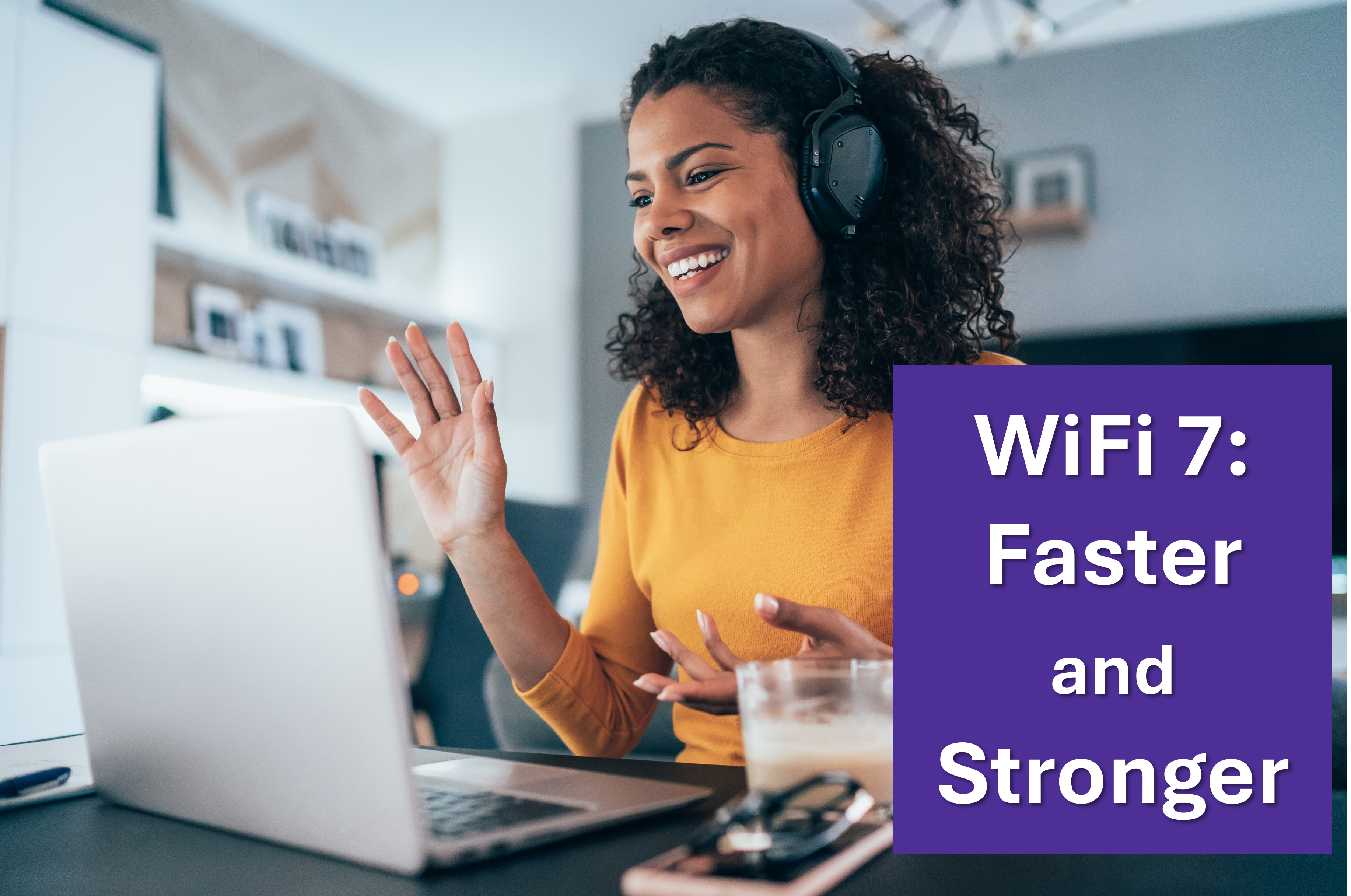With so many different online social networks, social media privacy is more important than ever. But you might want to think twice before you dive in and start making new “friends” from around the world. You don’t want your identity or personal information stolen. And you definitely don’t want cybercriminals to access your bank accounts, damage your reputation, or obtain private information. But there are points in favor of keeping social media viewable by the public, too. So where’s the ideal balance?
Why should you be concerned about social media privacy?
First, let’s get into why social media privacy matters. Between phishing, smishing, and all the other online scams out there, it’s important to be aware of the potential risks of public social media profiles.
But it goes even deeper than that. What if someone hacked into your account, stealing information to falsify your identity? What if someone pretended to know you, slipped into your friends list, and used your photos and posts to catfish or scam others?
On the other hand, sometimes you want people to find you. Maybe you’re looking to expand your friends list and meet new people, or even make business connections within your industry. If so, you may struggle with the idea of sacrificing visibility by locking down your social media profiles.
What are some of the pros and cons of private social media accounts?

Let’s take a look at some of the advantages and disadvantages of privatizing your social media accounts so you can decide which privacy settings are right for you:
Pros of locking down your account:
- You can be yourself: Social media was originally designed to have fun! Privatizing your social media accounts allows you to express yourself freely. You can be yourself without worrying about the public eye. And you won’t have to worry about strangers seeing content that was meant only for family and friends.
- You can decide what professional associates see: Maybe last weekend’s gaming binge photos were hilarious—but not exactly appropriate for your public Facebook. If you keep your personal social media accounts private, you won’t have to worry about coworkers stumbling across photos or status that you’d rather keep out of the workplace.
- You control who follows you: With most private social media settings, you can control who follows you. New people will have to get your approval before they can see what you post, allowing you to be selective about your audience.
- Your personal information is more secure: When you privatize your social media, you bar others from easily accessing details about your family members, your location, your workplace, and more. For example, on Facebook, it’s easy for cybercriminals to leaf through your friends list if you keep it public. The risks of publicizing this information range from real-life safety threats to online data breaches and cybersecurity threats.
Cons of hiding your profile:
- Limited engagement and reach: If you have a personal brand or project you’re trying to promote through social media, making your posts or account private can limit your engagement. People won’t see posts that might motivate them to follow you and engage with your content, making it harder to build your brand or fanbase.
- Inability to access analytics: When you’re promoting a project, small business, or cause through social media, you’ll want to view engagement stats to see how you’re doing. Privatizing your account can interfere with the accuracy of your data. If people can’t like, share, or comment on your posts, you won’t get an accurate picture of how effective your campaigns are.
- New people can’t connect with you: The goal of any personal project or independent brand is to network online and build meaningful connections. But if your social media privacy settings have everything on lockdown, people won’t even be able to see your content. And if they can’t see or engage with it, they can’t help your audience grow.
What are some tips for balancing social media privacy?
Weighing online safety against meaningful public engagement can be tricky. Whether you opt for a public or private social media presence, you can take additional steps to keep your identity and reputation safe online. Changing your account settings is just the beginning!
Keep business and personal accounts separate
To master social media privacy, first separate your personal and business accounts. This is generally the easiest and most effective way to maintain your professional image while still having fun online. And you’ll get the best of both worlds in terms of social media privacy.
For business, indie branding, or fundraising accounts, avoid posting personal content and stick to the account’s core purpose: Promotion. That means keeping your privacy settings open and your content fully accessible for engagement.
On your personal accounts, be cautious about your privacy settings. Did you just share a cute picture of your dog playing in the park? What about that impromptu selfie you took at a local mall? Seemingly innocuous posts can give away details about your location, so keep your personal accounts private. Then you can share your favorite moments with friends and family stress-free.
Be mindful of what you share with certain people
Private social media accounts are ideal for keeping certain things safe from the public eye—but what about friends and followers? Some social media sites, like Facebook, allow different privacy settings for all your personal circles. By setting these up, you can limit who can see certain posts on your social media accounts.
Only share personal information with people you trust. Sometimes, “friends only” settings aren’t enough. No matter who can see your content, be careful before you hit “post” in the first place. You should also use a good password manager to protect your content, regardless of whether it’s for business or personal engagement. After all, privacy settings won’t help if someone hacks into your account.
Use solid WiFi and account passwords
If you’re already zooming through social media with Quantum Fiber’s 360 WiFi, secure your internet setup with a strong WiFi password. One perk of high-speed internet is the ability to immediately take action if you realize you’ve been hacked. If your internet speeds and bandwidth are great but your browser is loading slowly, or if you’re getting odd notifications you don’t recognize, this allows you to take action right away.
360 WiFi also comes with built-in security measures, such as firewalls and password protection. On top of managing social media privacy, you’ll be able to take control of your internet security as a whole. That even includes your smart home devices!
Are public or private accounts right for you?

What was the last awesome post you shared online? Social media is meant to be a fun, safe way to share those memorable moments in your life. Luckily, your internet will already come well-secured and ready to go with Quantum Fiber and 360 WiFi.
For more useful information on how Quantum Fiber can help you maintain control over your private social media accounts, passwords, and secure internet connection, stop by our blog! With the right security measures in place, you’ll rest easy with an added layer of protection.








